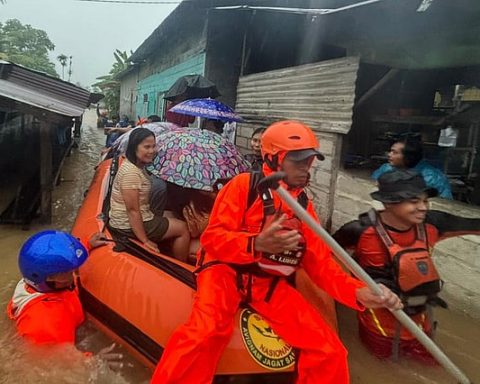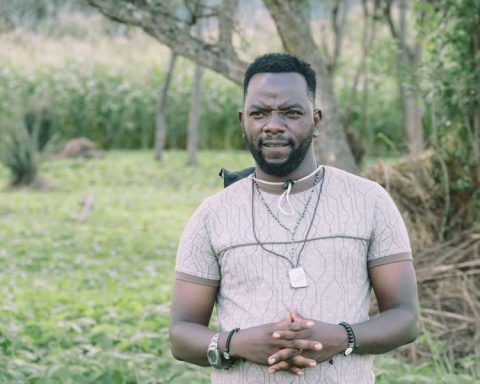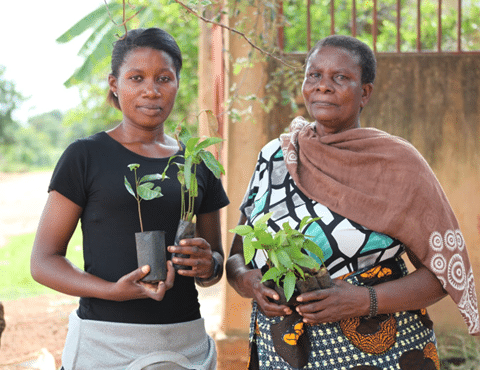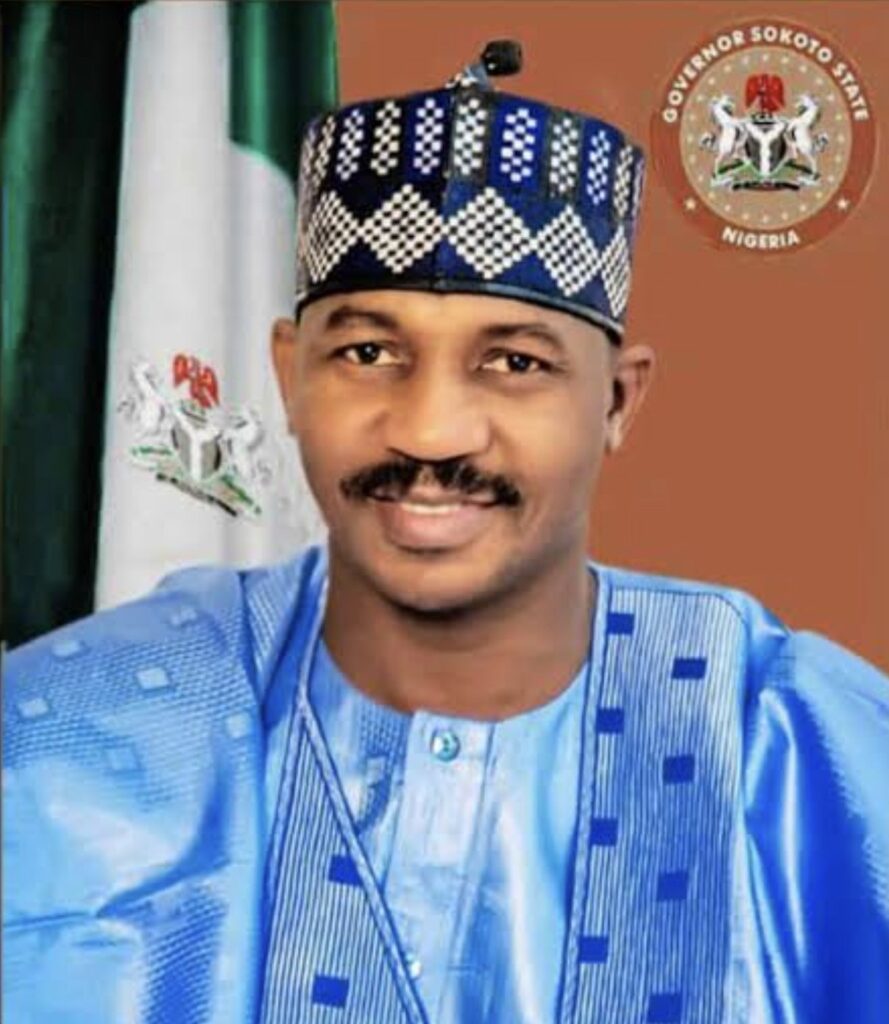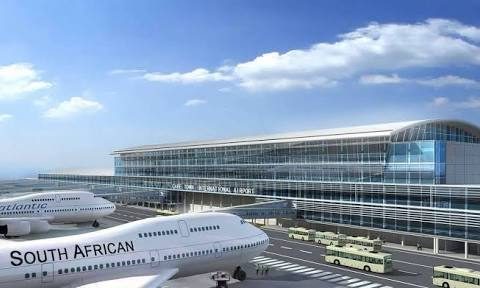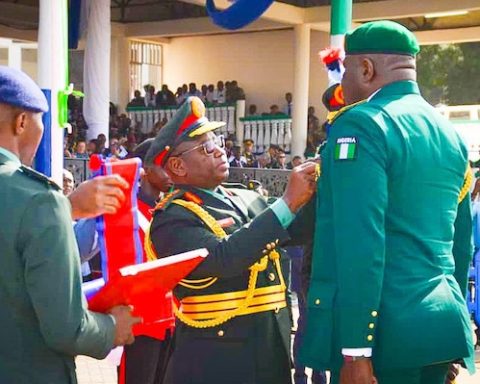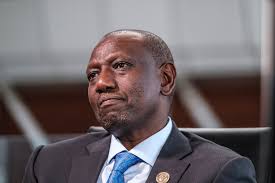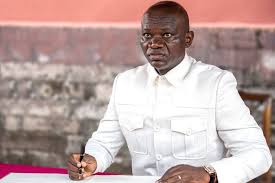Experts have highlighted the critical need for Africa to upscale its engagement in the Africa Climate Resilient Investment Facility (AFRI-RES) to fortify climate resilience and promote sustainable investments in key sectors.
During the side event at the sidelines of COP28 in Dubai titled “Partnership for Scaling Up Resilience in Africa: Results, Lessons Learned, and Ways Forward,” organized by various entities including the United Nations Economic Commission for Africa (ECA) and African Union Commission (AUC), stakeholders emphasized the significance of AFRI-RES in integrating climate resilience into crucial sectors like water, infrastructure, energy, and agriculture across African nations.
Join our WhatsApp ChannelNassim Oulmane, Acting Director of Technology, Climate Change, and Natural Resources at ECA, underscored the economic toll climate change exacts on African economies.
“African economies are losing on average 5% of their GDP annually due to climate change impacts,” he stated, citing the example of cyclone Freddy’s aftermath in Malawi, which affected nearly 5% of the country’s GDP, particularly impacting the electricity-generating dam.
“This substantial loss in a developing nation highlights the urgency to empower African institutions and the private sector to strategize and implement investments aimed at bolstering resilience against climate change,” Mr. Oulmane remarked.
Kanta Rigaud, Lead Environmental Specialist at the World Bank, shared insights on the AFRI-RES projects, noting that over the past five years, 30 projects targeting various sectors have received funding to enhance climate resilience.
Rigaud emphasized the need to integrate resilience attributes into project design and monitoring, translating knowledge into practical skills, and developing training materials for climate resilience integration.
The first phase of AFRI-RES concluded, generating knowledge that informed climate resilience sector guidance notes and knowledge products, as per Mr. Oulmane. He highlighted that the upcoming second phase would build upon lessons learned in the initial phase.
Haruna Gujba from the African Union Commission stressed the pivotal role of sustained partnerships and networks for the next stage of AFRI-RES. Gujba outlined a three-part strategy involving the generation of impactful knowledge products, capacity building for sustained impact, and broadening partnerships.
As the event concluded, experts reiterated the necessity to ensure increased demand for AFRI-RES knowledge and training products while emphasizing the urgent requirement for comprehensive climate data and information hubs.



